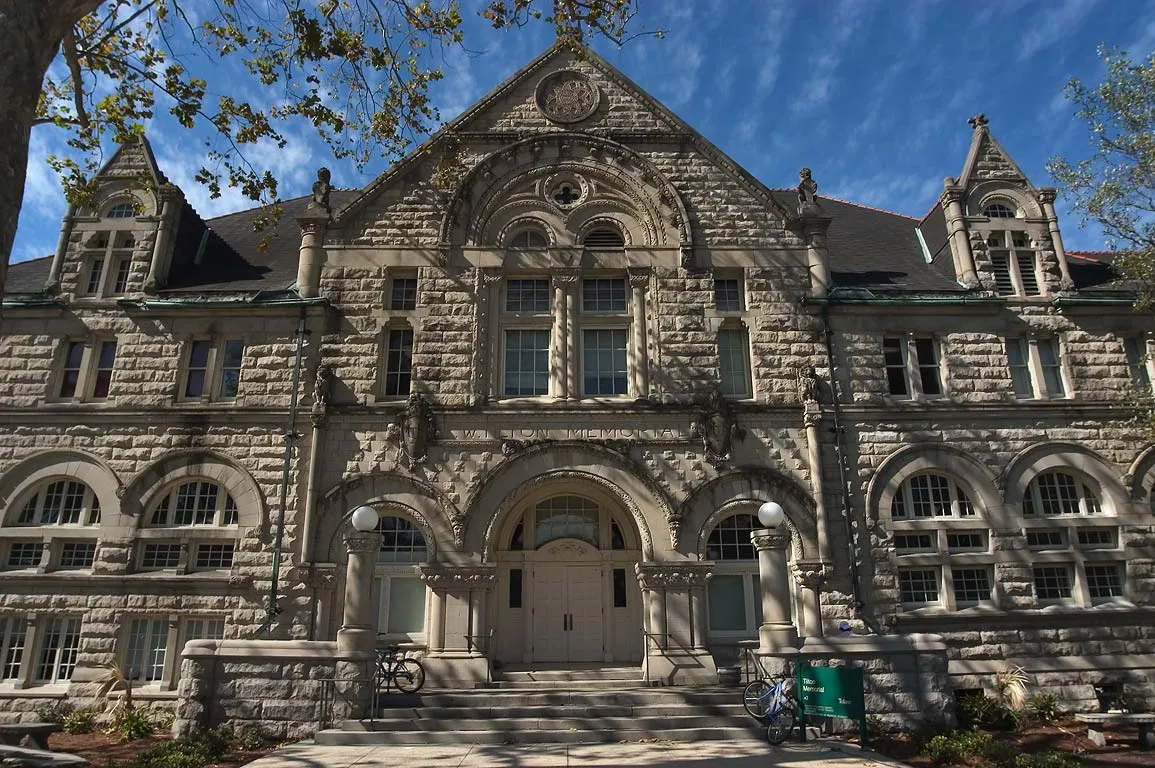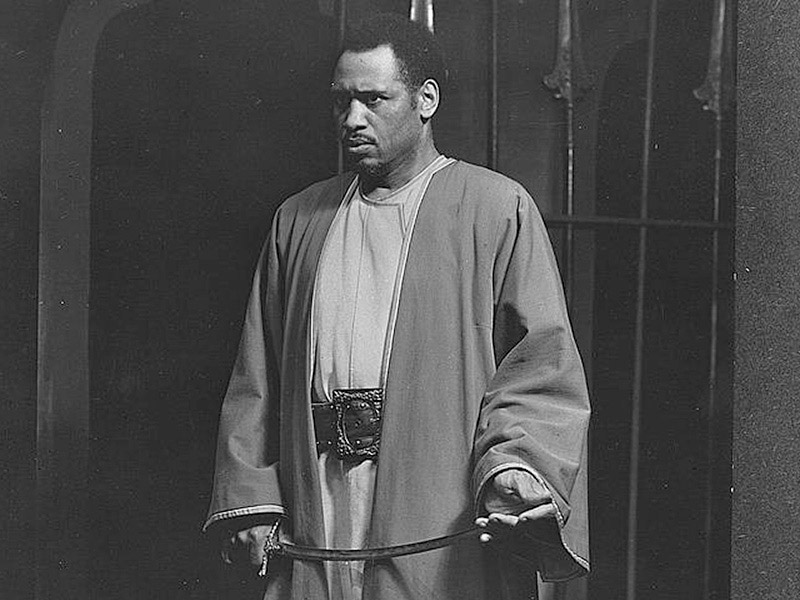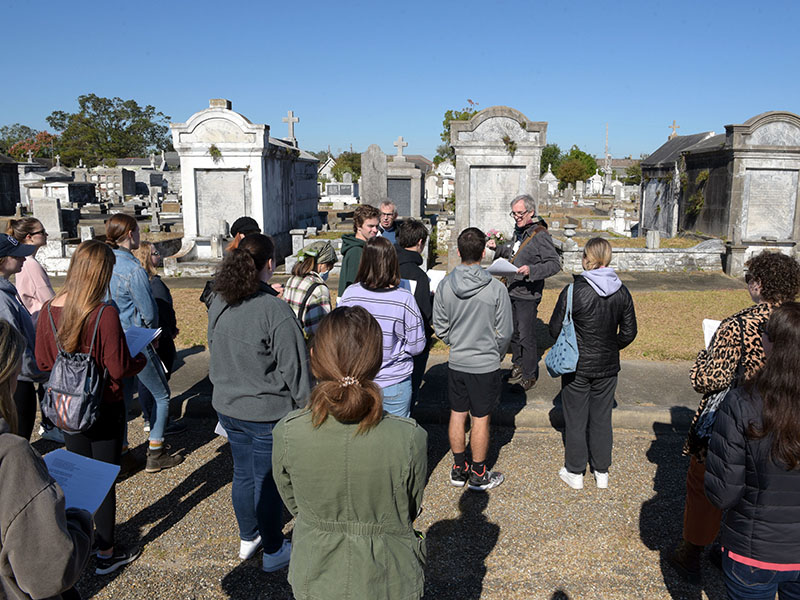Welcome to the Tulane English Department Website. At a time of political turmoil and conflicts throughout the world, we in the English Department at Tulane University still believe in the power of poetry, fiction, drama, film, jazz, hip hop, spoken word poetry, stand-up, social media, and graphic inscriptions to weave ever-expanding networks of human empathy. We are committed to a world in which the thread of linguistic meaning is carefully guarded, nourished, and enlivened.
On this website you will find descriptions of courses, professional biographies of our faculty, and details about our undergraduate and graduate curricula and requirements. If you are interested you can browse through our archived events and activities. If you choose to major in English you will experience opportunities to take small classes and work closely with tenure track, award-winning faculty. Majors can choose to concentrate in creative writing as they m\ove towards completion of their major.
If you find yourself excited by your undergraduate major remember that we offer a “4+1” M.A. program for our undergraduates with reduced tuition in their fifth year. Our external M.A. program is open to all students and draws applicants from around the country.
Undergraduates and graduate students may participate in an exciting academic community which offers:
- special lectures by internationally recognized scholars
- readings by renowned writers
- the opportunity to edit the literary magazine The Tulane Review
- the opportunity to join our nationally-recognized chapter of the English honor society Sigma Tau Delta
- service learning opportunities including training middle school speech and debate teams or workshopping creative writing with prisoners.
- community engagement and Public Service work with our award-winning English Department Debate Education Society
- the possibility of participating in career- and community-oriented internships
- opportunities for faculty-mentored undergraduate research through honors theses, independent studies, and senior seminars
The professors and students in the English Department study 19th century women’s literature, 19th century British feminist writers, British women’s scientific writing, African queer icons, Singapore and transnational mobility, the history of “Cool,” 19th-century Colored Conventions, violence and the psychic life of black people, disability studies, soldiers in the age of Shakespeare, city comedy in the Renaissance, the racial imaginary of the Cold War, South Africa in the cultural imagination, representations of AIDS, US culture in the Middle East, time and time-keeping in Emily Dickinson’s poetry, writings by imprisoned women in New Orleans, early modern manuscripts, slavery and Aaron Burr, pornography, modernism and its afterlives, and so much more.
The questions we ask are as diverse as any quest for meaning must be, but one thing we all have in common is that as readers of texts we honor the imaginative field of figurative language, image, sound, and gesture. We do not read to find out what we already know but to explore the edges of what can be known. We strive to learn how to interpret and explicate difficult texts, to analyze and think critically about a world that is too often controlled by sound bites and propaganda, and to embrace the nuanced details of experience that make us human.
Look for our departmental newsletter NOTED. To see archived newsletters, go to the Departmental Newsletter & Archive page on the website. If you are an alumnus or alumna, we want to know where you are and what you have gone on to do with your lives and careers: contact us at english@tulane.edu. Please let us know if you are planning a visit to the campus. We would love to see you.
Thomas Albrecht
Chair of the English Department
Tulane Land Acknowledgement
The Choctaw, Houma, Chitimacha, Biloxi, and other Native peoples have lived on this land since time immemorial. Their identities are inextricably connected to this place. With gratitude and honor, Tulane University and the Department of English pay tribute to the original inhabitants of this land.
The city of New Orleans was not built upon virgin soil, but merely served as a continuation of a great indigenous trade hub known in Choctaw as Bulbancha, "the place of other tongues”. For thousands of years, people lived along the Mississippi River, and Bulbancha served as a place for diverse cultures to come together. We acknowledge the grounds of our campus and the city around us as home to numerous tribes before and after the arrival of Europeans.
The tradition of community and sharing demonstrated by indigenous peoples enabled European immigrants to survive in a foreign environment and has influenced New Orleans and southeastern culture since colonization began. From food and music to art and language, Native Americans continue to leave their mark on our city and academic community.
We recognize that as a result of broken treaties and involuntary removals, Native Americans were often forced from their lands. We remember and pay respect to the communities impacted by these actions.
Yet, the resilient voices of Native Americans are still heard and remain an inseparable part of our local culture. In that spirit we acknowledge the indigenous nations that have lived and continue to thrive here.
ANNOUNCEMENTS
If you need transfer credit or want to declare a major contact Professor Nghana Lewis, Director of Undergraduate Studies, nlewis2@tulane.edu
If you need to be cleared to register for a course, speak with the professor and then email Barb Ryan, Operations Manager, barb@tulane.edu
Notice! Graduate Program applicants must review the School of Liberal Arts Prospective Graduate Students page, then visit the Tulane Applygrad website to apply.
- Spring 2026 Course Descriptions
- How to Declare a Major
- Major Declaration Form
- English Special Registration Form for Independent Study, Internships, and Honors Thesis
Alumni Spotlights

Karolyn Eilertson (B.A. '17) is a Federal Law Clerk at The United States District Court. Read more about Karolyn.

Mitch Therieau (B.A. '16, M.A. '17) is a writer and a Ph.D. candidate in Modern Thought and Literature at Stanford. Read more about Mitch.






